MAP began as a pilot program through Everett Municipal Court in 2013. It became a permanent addition to the services provided by Everett Municipal Court in 2015. Bridgeways has been providing liaison services since the middle of 2014. There had previously been no liaison service—a link between government services and participants. Liaisons are typically professionals with a degree in social work, specifically in mental health.
These cycles of repeat offenses are also costly to society – socially and financially. MAP defendants have typically been “high-utilizers” of first responders, ER services, criminal justice and other high-intensity, costly services. Our community benefits when MAP defendants achieve greater stability, wellness, engagement, and are better-positioned for future success.
Bridgeways’ MAP Liaison collaborates with MAP defendants to create goal plans related to mental health and substance use treatment, partnering with them through the program’s three phases toward graduation:
Phase I – Stability
Interventions include helping defendants engage with clinicians for mental health and substance use disorder treatment, as well as housing navigators. Defendants must attend peer support group activities and meet all mandates required by, or sanctions imposed by the MAP court including contacting the MAP Liaison weekly, and attending court as scheduled.
Phase II Community Responsibility
Interventions and engagement may include exploring jobs, volunteer opportunities, continuing education, vocational training, certifications, achieving their GED, etc.
Phase III – Sustainability
Maintaining treatment, compliance, and ensuring phase two engagement “sticks.”
Upon successful completion of each phase, a defendant can be recommended for graduation. Charges related to entry to MAP are then dismissed without prejudice (cannot be charged for same offenses later).
Our MAP Liaison is a highly specialized and impactful part of the MAP Court team, serving as the conduit of information and support between the defendant, their treatment providers, and the court.
Who is Eligible
Adults arrested for a misdemeanor offense, within the cities of Everett, Marysville, or Lake Stevens, and where conduct has been linked to behavioral health concerns, may be referred to MAP. A mental health diagnosis is not required, but a mental health concern must be present.
Referral process
Everett MAP
Referrals to the Everett MAP court come primarily from defense attorneys. However, a referral can be made by any of the following: jail, defense attorney, prosecutor, mental health provider, law enforcement, medical provider or family member.
The defense and prosecuting attorneys must agree to bring the referral to the MAP judge. A referral must be received and accepted by the MAP judge before sentencing for the most recent offense.
Marysville MAP
The Marysville MAP court judge, prosecutor, or defense attorney identify defendants in court that may be a good fit and place their next court appearance (pre-trial) onto a MAP hearing for the defendant to observe. A referral may follow if the defendant is interested in this diversion track after observation.
If you need access to these supports or have any questions fill out the form HERE or click the link below.
https://bridgeways.org/social-and-community-services-contact-page/

